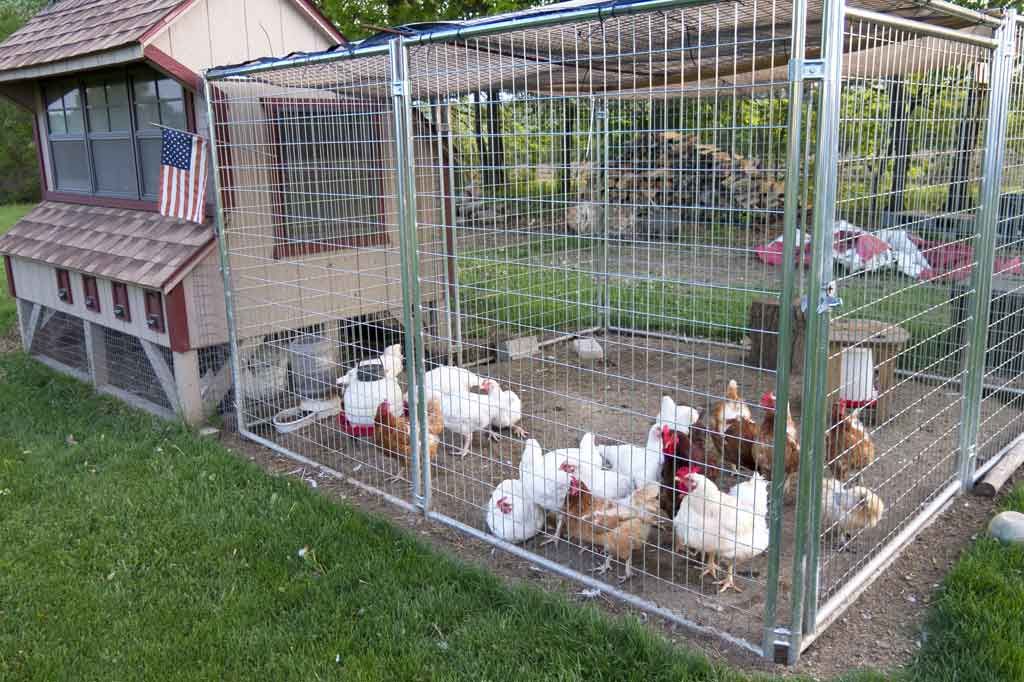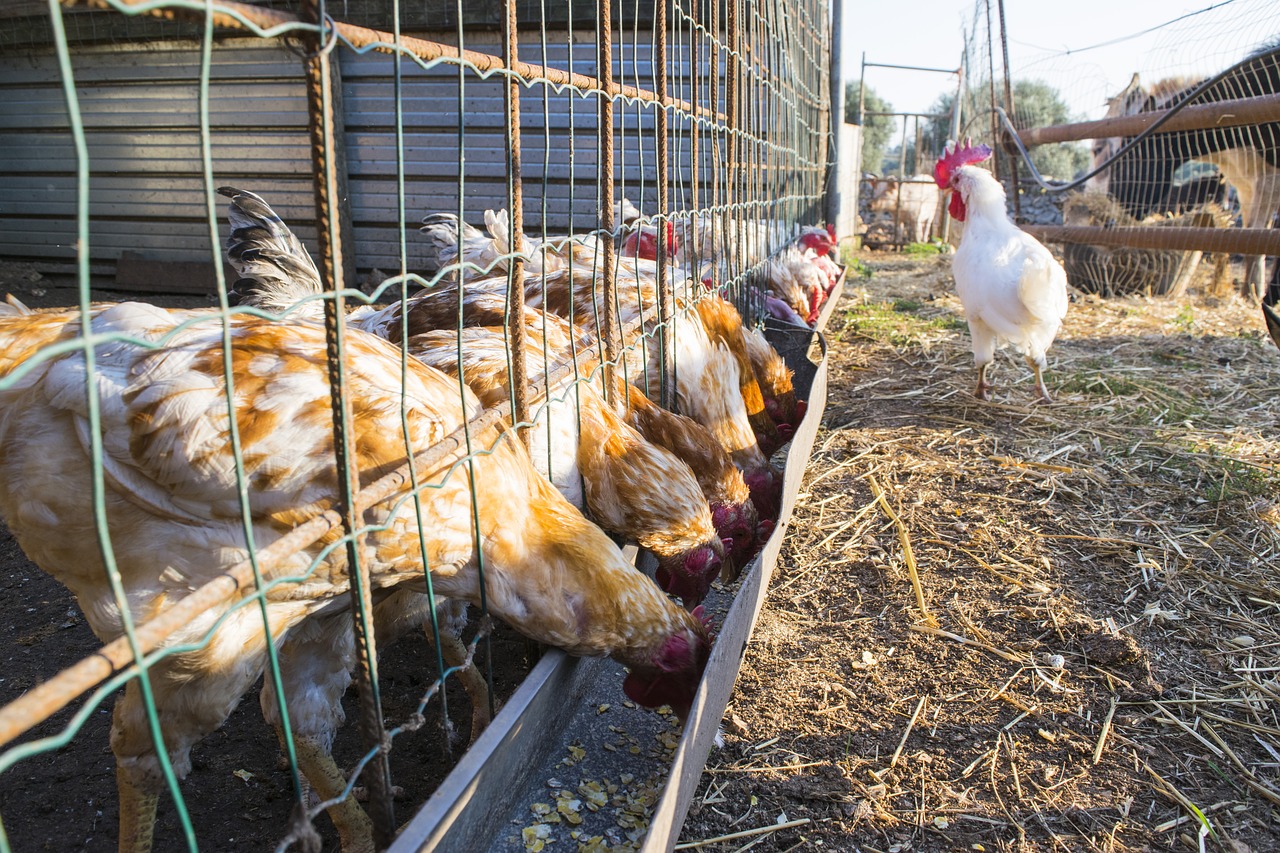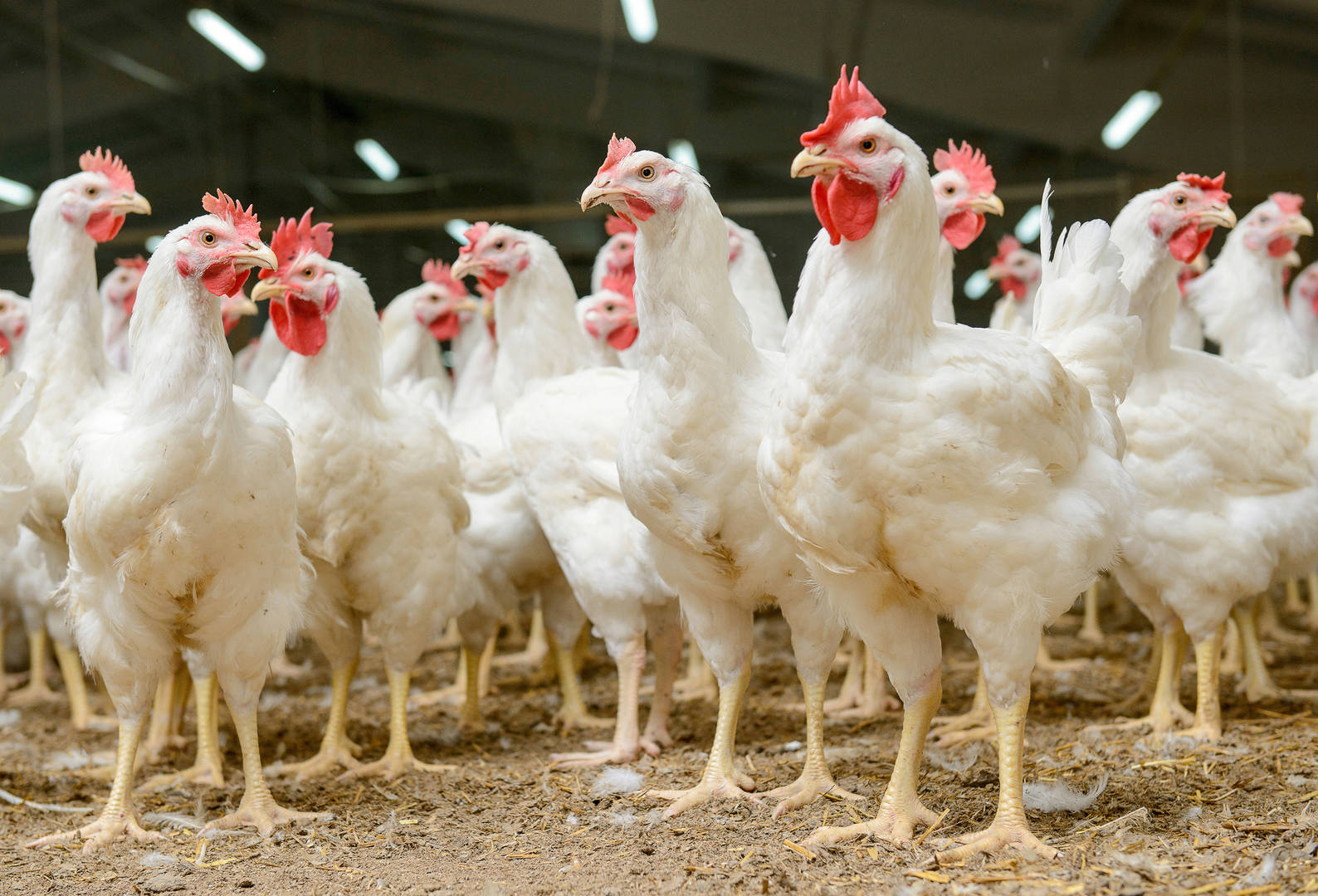Starting your journey into chicken farming can be an exciting and rewarding endeavor. Whether you’re aiming for fresh eggs, meat, or simply the joy of raising chickens, understanding the basics is crucial. This guide will walk you through the essential steps of chicken farming for beginners, covering everything from selecting the right breed to maintaining a healthy flock.
Selecting the Right Breed
Understanding Your Goals
The first step in chicken farming is identifying your goals. Are you interested in egg production, meat, or both? Different breeds offer various benefits. For instance, if you want high egg production, consider breeds like Leghorns or Rhode Island Reds. For meat, Cornish Cross or Jersey Giants are popular choices.
Dual-Purpose Breeds
For those who want both eggs and meat, dual-purpose breeds like Plymouth Rocks or Sussex are ideal. These chickens provide a steady supply of eggs and are also suitable for meat production.
Setting Up Your Chicken Coop

Choosing a Location
The location of your chicken coop is vital for the well-being of your flock. Ensure the coop is in a dry, well-drained area with good ventilation. Protect the coop from predators by securing it with sturdy materials.
Coop Size and Design
The size of the coop depends on the number of chickens you plan to raise. A good rule of thumb is to provide at least 3-4 square feet per chicken inside the coop and 8-10 square feet per chicken in an outdoor run. Design the coop with nesting boxes, roosting bars, and proper ventilation to keep your chickens healthy and comfortable.
Feeding Your Chickens
Basic Nutritional Needs
Chickens require a balanced diet to stay healthy and productive. A standard commercial feed usually contains all the necessary nutrients, but supplementing with kitchen scraps, grains, and greens can enhance their diet.
Fresh Water Supply
Always provide fresh, clean water. Chickens need water for digestion and egg production. Ensure the waterers are cleaned regularly to prevent the spread of diseases.
Caring for Your Flock

Daily Care Routine
A consistent daily routine is crucial in poultry farming for beginners. Check on your chickens at least twice a day. Provide fresh food and water, collect eggs, and inspect for any signs of illness or injury.
Health and Hygiene
Maintaining a clean coop is essential for preventing diseases. Regularly clean the bedding, nesting boxes, and perches. Use appropriate disinfectants to keep the coop hygienic. Keep an eye out for common health issues like mites, lice, and respiratory infections.
Breeding and Raising Chicks
Incubation and Hatching
If you decide to breed your chickens, you can either use a broody hen or an incubator to hatch the eggs. Maintaining the right temperature and humidity levels is crucial during incubation. Once the chicks hatch, provide them with a warm brooder and chick starter feed.
Raising Healthy Chicks
Chicks need special care in their early weeks. Ensure they have a heat source, clean water, and chick starter feed. Gradually introduce them to the rest of the flock once they are fully feathered and strong enough to integrate.
Managing Common Challenges
Predators and Protection
Predator attacks are a significant concern in chicken farming. Use secure fencing, predator-proof latches, and motion-activated lights to protect your chickens. Regularly inspect the coop and run for any signs of breaches.
Seasonal Care
Seasonal changes can affect chicken health and productivity. In the winter, provide extra bedding and a heat source to keep them warm. In the summer, ensure they have plenty of shade and fresh water to stay cool.
Benefits of Chicken Farming

Fresh Eggs and Meat
One of the most rewarding aspects of chicken farming is the steady supply of fresh eggs and meat. Home-raised eggs are often more nutritious and flavorful than store-bought ones. Raising chickens for meat can also provide a reliable source of protein for your family.
Sustainable Living
Chicken farming promotes sustainable living by reducing food waste through feeding kitchen scraps to chickens and producing natural fertilizer from chicken manure. This practice benefits your garden and reduces your environmental footprint.
Conclusion
Chicken farming for beginners involves understanding the needs of your flock and providing consistent care. By selecting the right breed, setting up a proper coop, maintaining a balanced diet, and staying vigilant against common challenges, you can enjoy the numerous benefits of raising chickens. Whether you’re looking to produce fresh eggs, meat, or simply enjoy the companionship of these feathered friends, chicken farming can be a fulfilling and sustainable hobby.
With dedication and proper care, your chicken farming experience will be a rewarding journey, bringing you closer to a more self-sufficient and sustainable lifestyle.

